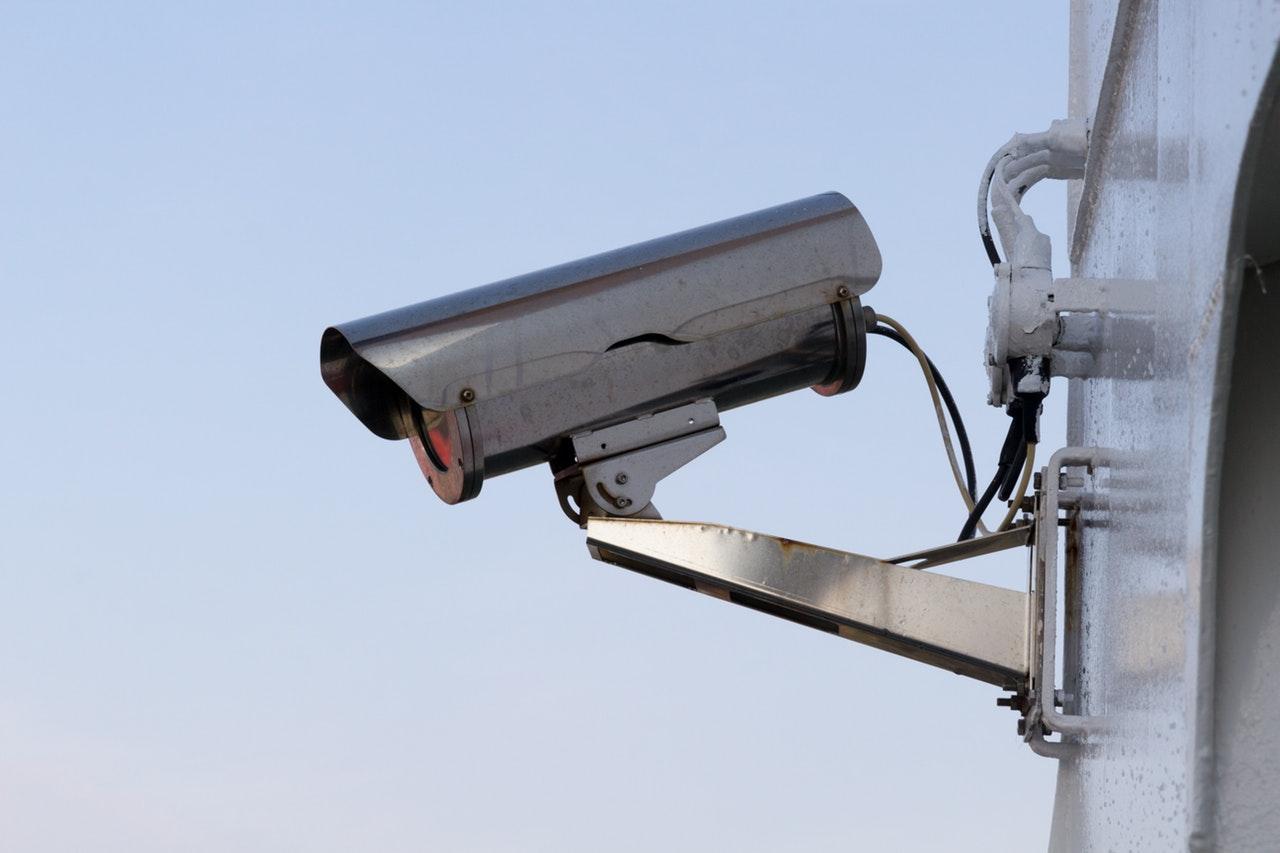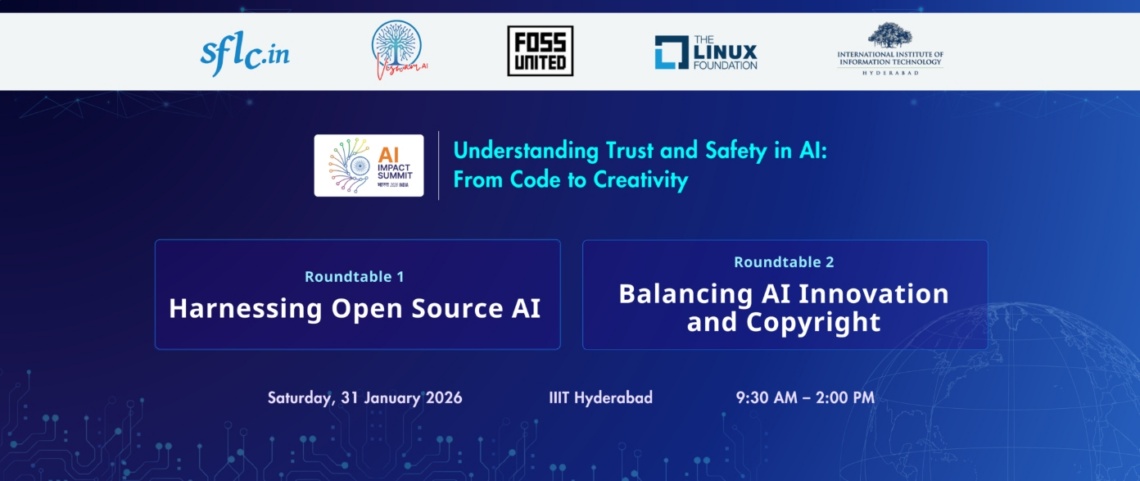On 20 May 2019, during TRAI’s ‘Open House Discussion’ in Delhi on OTT communication services, certain arguments were raised regarding national security concerns surrounding encrypted communication services, including those services that have end-to-end encryption. The prime factor in these arguments was that terrorists could use end-to-end encrypted communication services to securely communicate among themselves, and such communication cannot be intercepted in time to gather intelligence and act swiftly. It was stated that if all communication could be intercepted in real-time, then terrorist activities could be prevented.
If one places themselves in the shoes of a sovereign that has the responsibility to protect the country from external threats, the prospect of legally requiring an app or a service to hand over all data or information is alluring. After all, this has been done for more than a century with letters, telegram and telephone. Letters could be opened, and telephone and telegram networks could be tapped. Why then, one might wonder, should digital services be treated any differently?
By way of a follow-up submission to TRAI on its public consultation on a regulatory framework for OTT communication platforms, we have addressed the technical and legal concerns around mass monitoring of online communication and the need for reforming surveillance law in India.
Our submission to TRAI can be downloaded below. Our comments and counter comments to TRAI’s public consultation on OTT communication services can be downloaded from – here and here, respectively.




